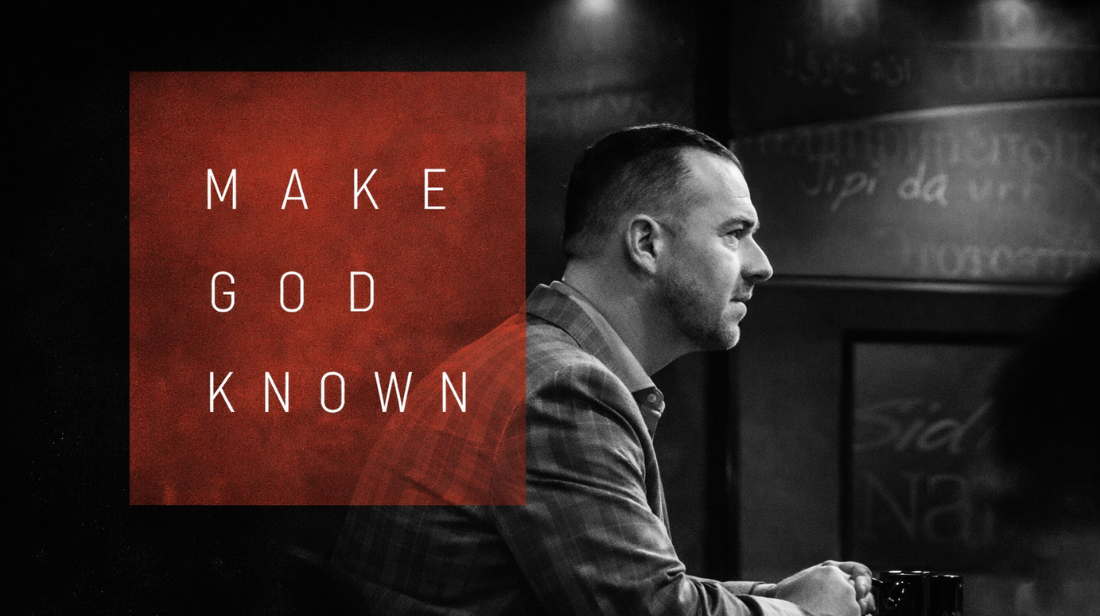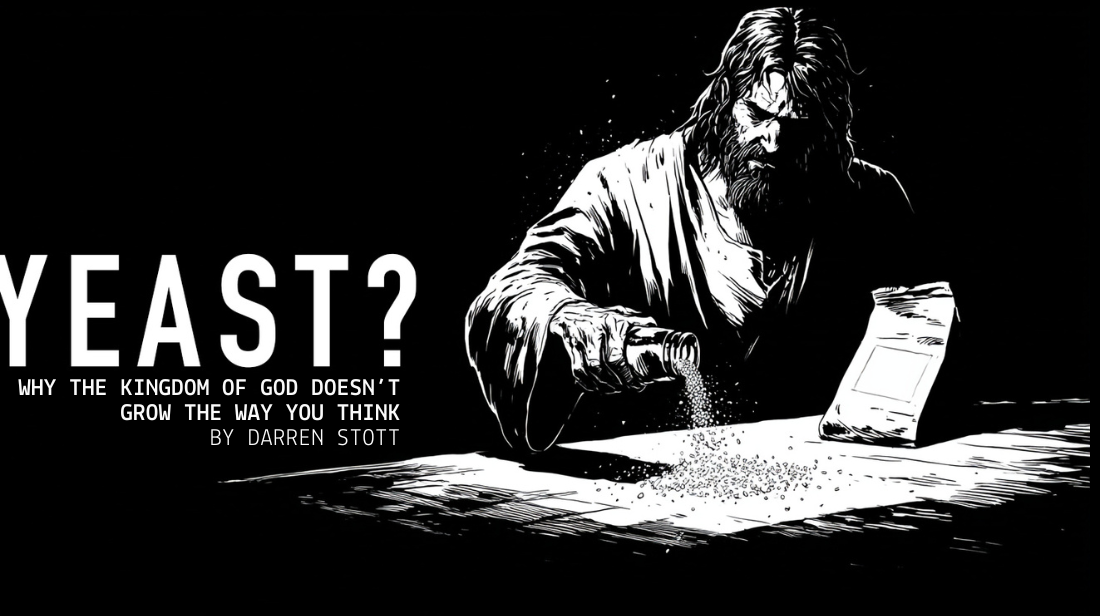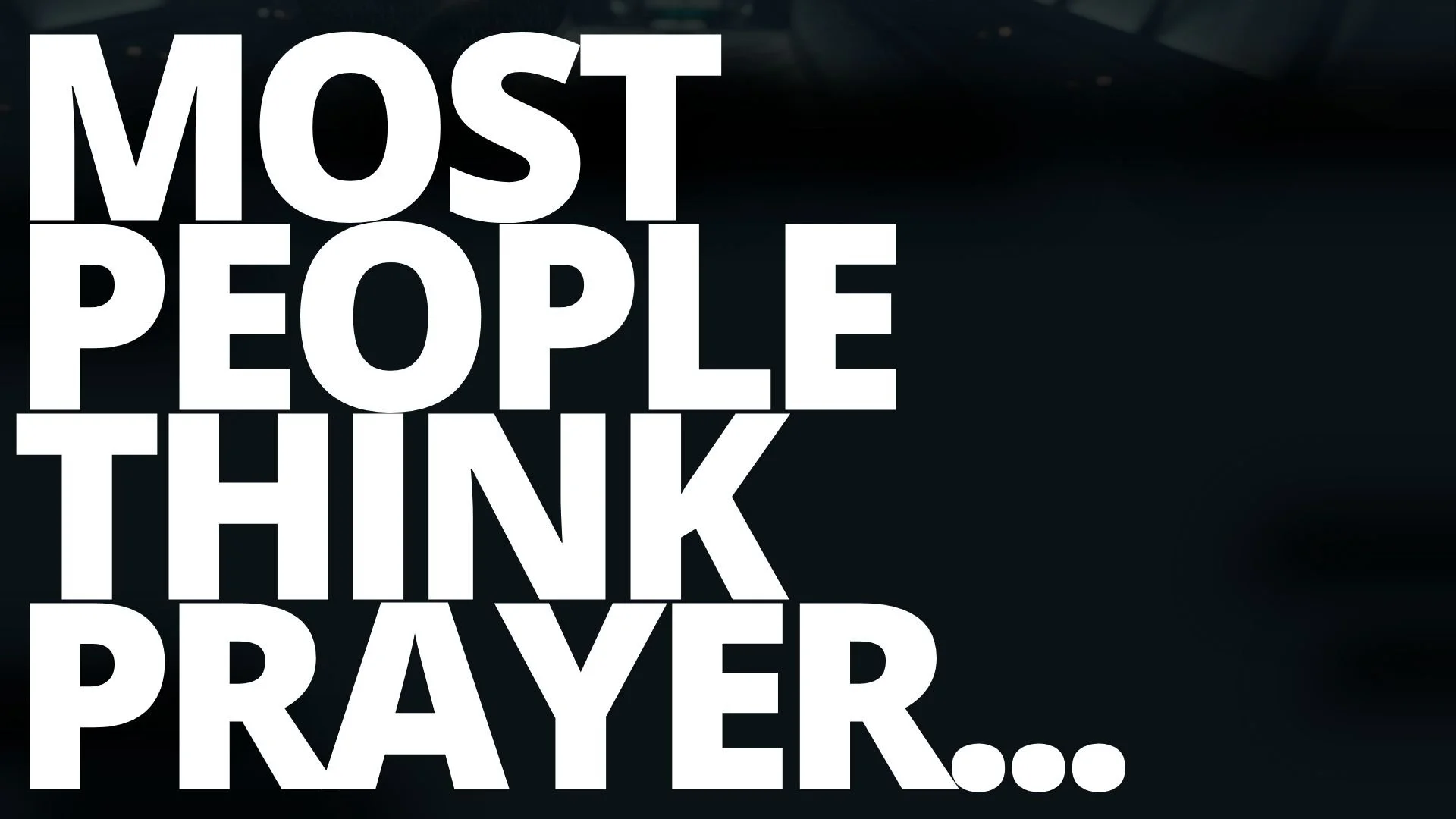The Kingdom of Heaven Is Like Leaven?
Most people think prayer...
Most people approach prayer believing it requires effort, intensity, or desperation to move a distant God. Those assumptions quietly shape—and limit—how we ask. The real issue isn’t prayer itself, but the unseen box of beliefs we pray from. The questions we ask reveal whether we see God as near or far, willing or reluctant. Before learning how to pray better, we must examine what we believe about God—because how we ask always reveals what we believe.
I Think I May Have Saved a Man’s Life at 35,000 Feet
Why Portals University Exists (And Why It’s Different)
Portals University is a seven-month, formation-based supernatural training journey designed to bring clarity, discernment, and lasting momentum. Beginning January 26, 2026, the program combines weekly on-demand teaching released every Monday with monthly live mentoring calls on Zoom. Built for real life, Portals University focuses on identity, authority, and direction—not just information—offering deep biblical discernment, practical application, and sustainable growth at a fraction of the cost of comparable supernatural schools. This blog explains why Portals University exists, how the training works, and who it’s designed for.
How a Frozen Tree Stand, a Grizzly, and a God Idea Turned Into a TV Show
Understanding Soul Spirit Hurts & Demonic Oppression
We are the most trauma-aware generation in history — and somehow the most spiritually tormented.
We have language for everything now. Trauma, triggers, attachment wounds, emotional dysregulation, nervous system dysrhythmia, trauma-bonding, shadow work. We’ve created an emotional dictionary that would impress Freud and bewilder Moses.
The Church is not well.
Debugging the Soul: Understanding Generational Curses
We all inherit things we didn’t choose.
A way of reacting. A fear that doesn’t make sense. A story that seems to replay itself in every generation.
You can feel it sometimes — in the way your temper mirrors your father’s, or how your mother’s anxiety hums quietly in your own chest.
We call it personality.
But what if it’s code?








